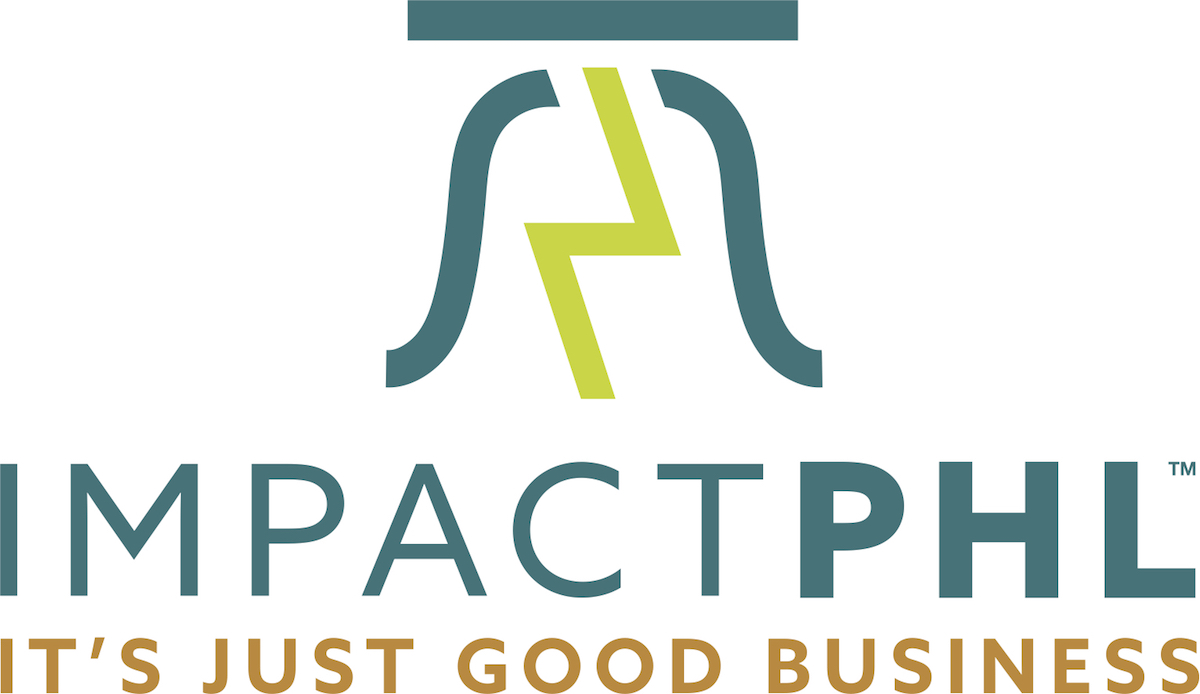Energy is the lifeblood of our modern world. It underpins everything we do. From the power we use for essential things like food storage and internet access to the fuel we use to heat our homes and get where we need to go, everything comes back to energy.
So, too, do some of the most significant challenges we are confronting as a society: deeply rooted systemic injustices and climate change.
To see how energy relates to systemic injustices, look no further than our region, where more than 50% of all Black households and 30% of renters face energy insecurity each year. That means they’ve gone without food or essential resources to cover their energy bills.
Philadelphia is a growing, diverse, and vibrant city, but it is also profoundly segregated along racial lines, resulting in extreme differences between neighborhoods. Many of the areas that Black and brown Philadelphians call home are areas of high pollution and industry. These areas are also less likely to have adequate tree cover or green space, which means they encounter hotter temperatures in the summer — sometimes up to 22 degrees hotter than wealthier areas.
This will only worsen as climate change progresses. And there are vast implications for these inequalities, including differences in educational outcomes, health outcomes, job opportunities, and access to affordable, clean energy such as solar.
That’s where organizations like the Philadelphia Green Capital Corp. (PGCC) and our affiliate, the Philadelphia Energy Authority (PEA), come in.
PGCC is a nonprofit “green bank” that launched last year to catalyze public and private funds for an equitable energy transition. We are an affiliate incubated out of PEA, a municipal authority that supports energy projects and grows the clean energy economy in the city. Since 2016, PEA has created 2,500 jobs and spurred nearly $300 million of clean energy investments in Philadelphia through its robust portfolio of initiatives including solar adoption campaigns, workforce development training, and green retrofits for our public schools.

Maryrose Myrtetus. (Courtesy photo)
PGCC works to scale and amplify PEA’s work by providing financing solutions that focus mainly on areas that have not traditionally had easy access to capital for green projects including low-income homes, small and medium-sized businesses, nonprofits, and multifamily buildings.
We use proven green bank tools to unlock capital for clean energy projects and make them more affordable for businesses and residents. Through various approaches — leveraging capital from public, private and philanthropic sources; offering credit enhancements; using alternative underwriting methods; facilitating partnerships and the like — we support solar development, building retrofits, and other energy-saving and sustainability measures.
Across the country, over 20 existing green banks have successfully catalyzed billions of dollars of investment in utility-scale, commercial and residential projects. Early green banks focused primarily on using financial tools to prove that new technologies like solar and wind are financeable and scaling clean energy adoption rapidly. Both have been admirable and trailblazing goals. But now, PGCC and other newer green banks layer in a third objective: building financial tools focused on equity and environmental justice.
The clean energy transition is underway already. And we must use this transition not just to decarbonize our grid but also to address longstanding economic and racial inequalities tied to energy. We need to think about who ultimately benefits from the projects we invest in. Who gets long-term jobs from solar and energy efficiency projects? Which communities gain on-site resiliency as we install solar and batteries in the quest to decarbonize our grid? Where are we building wealth and stability? If we don’t ask these questions when designing our clean energy future, then historically marginalized communities will continue to be just that — marginalized.
In the world of impact investing, people often turn to the ESG framework (meaning environmental, social and governance) to evaluate the non-financial outcomes of their investments. As a green bank focused on clean energy work, it is easy to see how our work fits into the environmental “E” part of the ESG equation. However, this work is really a gateway to deeper social “S” outcomes. Since energy affects so many facets of modern life, it is a powerful vector for social change. PGCC and the many public, private and philanthropic organizations working toward a clean energy future must ensure that capital spent to go green and decarbonize is also designed to achieve equitable outcomes throughout the city such that those who struggle under our current energy infrastructure thrive in the clean energy transition.

This essay was originally published via ImpactPHL Perspectives, a multi-part series exploring the many facets of the impact economy from the perspectives of its doers, movers, shakers and agents of change. This version has been edited for style.
Before you go...
Please consider supporting Technical.ly to keep our independent journalism strong. Unlike most business-focused media outlets, we don’t have a paywall. Instead, we count on your personal and organizational support.
3 ways to support our work:- Contribute to the Journalism Fund. Charitable giving ensures our information remains free and accessible for residents to discover workforce programs and entrepreneurship pathways. This includes philanthropic grants and individual tax-deductible donations from readers like you.
- Use our Preferred Partners. Our directory of vetted providers offers high-quality recommendations for services our readers need, and each referral supports our journalism.
- Use our services. If you need entrepreneurs and tech leaders to buy your services, are seeking technologists to hire or want more professionals to know about your ecosystem, Technical.ly has the biggest and most engaged audience in the mid-Atlantic. We help companies tell their stories and answer big questions to meet and serve our community.
Join our growing Slack community
Join 5,000 tech professionals and entrepreneurs in our community Slack today!

The person charged in the UnitedHealthcare CEO shooting had a ton of tech connections

From rejection to innovation: How I built a tool to beat AI hiring algorithms at their own game

Where are the country’s most vibrant tech and startup communities?


